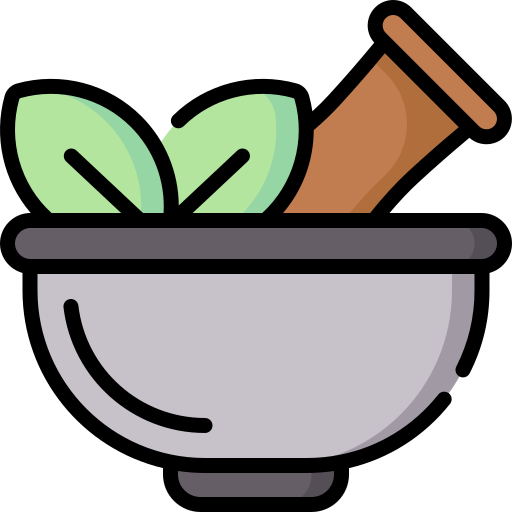No products in the cart.
Mootrashmari (Renal caliculi)
Table of Contents

Mootrashmari #
(Renal caliculi)The provocation of all the three doshas causes drying of urine resulting in formation of ashmari which produces obstruction in urinary flow associated with pain in bladder region, pennies, perineum. the flow of urine is divided or interrupted causes mootrashmari.Etiology: #
In an individual who is not cautious about purification of body and rules of diet and daily regimen, kapha gets provocated along with urine enters into the bladder and produces ashmari.Provocation of vata is responsible for ashmari.Types:Vataja,pittaja, kaphaja, sukraja are the types.
Symptoms: #
The bladder is distended with urine, severe pain in bladder region, abnormal smell to urine, difficulty in urination, fever with anorexia followed by pain in umbilical region, bladder, perineal region, divided flow of urine stream, blood in urine present with injury to the passage by calculus. the streaming of urine causes pain.- Vatashmari: severe pain lower abdomen with shivering and tremors. the patient gives pressure on the umbilicus and screams due to pain, passes stools with flatus, micturation is frequent and dribbling. The calculus is blackish red and with thorny appearance.
- Pittashmari: there is burning and hot feeling in bladder, the calculus is like a dobhi nut, colour is red or yellow or may be black.
- Kaphaja ashmari: there is pricking pain, heaviness and cold feeling in the bladder. The calculus is big, smooth, white or honey colored.
- Sukraja ashmari: semen is retained in the urethra due to suppression of ejaculation, provocated vata causes drying of that semen and produces a calculus where there is pain in bladder amd difficulty in micturation. There is swelling of testes. The pressure on the calculus dissolves it or it is passed out through urethra.
Complications: #
Weakness, tiredness, emaciation, pain in abdomen, pallor, haematuria, thirst, pain in cardiac region, vomiting present.Line of treatment: #
Snehana-swedana-sodhana-Samana aushada sevana- sastra karmaBased on the size of calculus and pain intensity and complications surgery is advised.Do’s & don’ts:
Intake of water frequently is advised.
Intake of soft, unctuous and light diet is advised till the symptoms subsides.
Intake of luke warm milk or Luke warm water with ghee reduces pain immediately.
Side ward and flexed sleeping position is advised.
Don’ts include intake of solid heavy food, curd, black gram.
Sleep during day time.
Flatus should not be obstructed which is the most important cause of formation of renal calculi.
Must avoid prolonged or continuous sitting.
Medication: #
ushirasava, yasti madhu churnam, haritaki churnam, ashmarihar ras, dadimadi gritam, triphala gritam.Modern view: #
RENAL CALICULIModern science has described the various types of urinary calculi which includes oxalates, phosphates, uric acid and urates , cystine, xanthine.The etiological factors described by the modern science are infection, stasis of urine, vitamin A deficiency, altered urinary solutes and colloids, decreased urinary citrate, prolonged immobilization of patient, hypocalcaemia due to hyper para-thyroidism.
Symptoms includes low back ache radiating to groin region, associated with fever, chills, vomiting, headache.
Symptomatic treatment is to be done followed by surgical extraction if necessary.
Updated on November 24, 2024
Powered by BetterDocs
 Doctor_Panel
Doctor_Panel
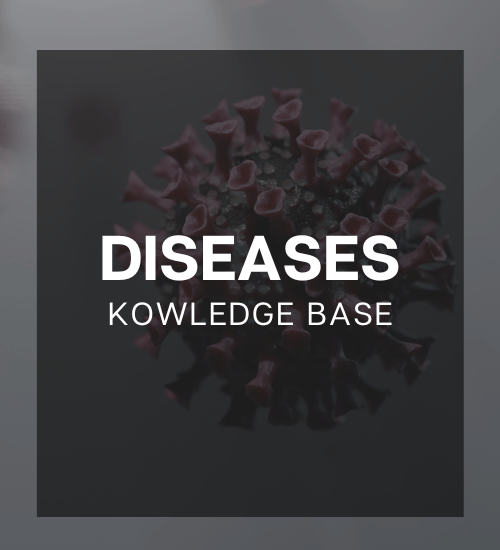

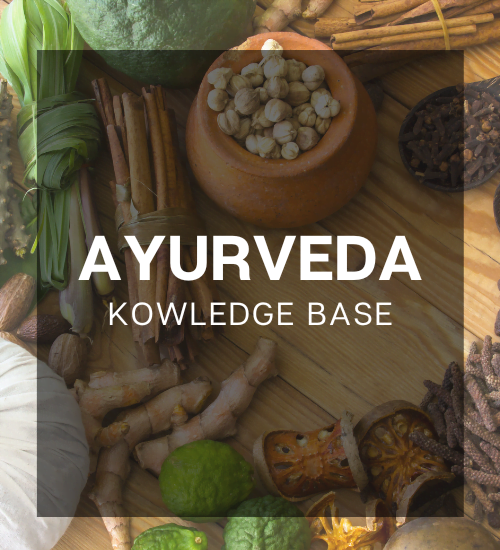
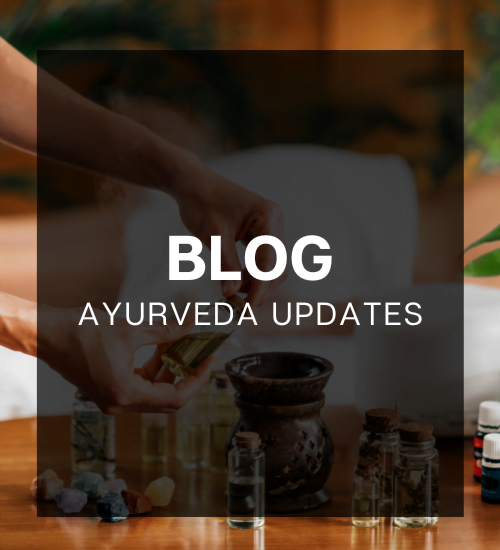
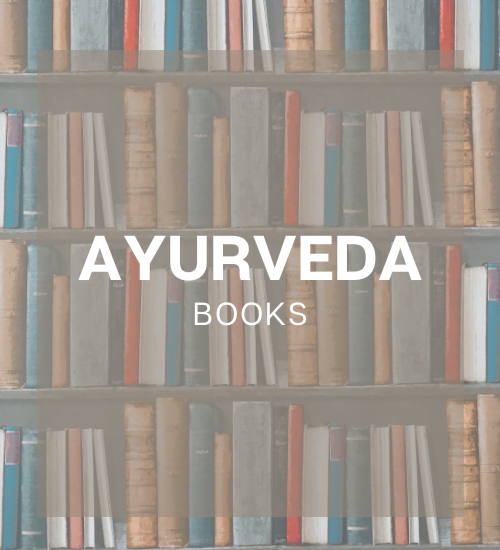

 INR
INR 












